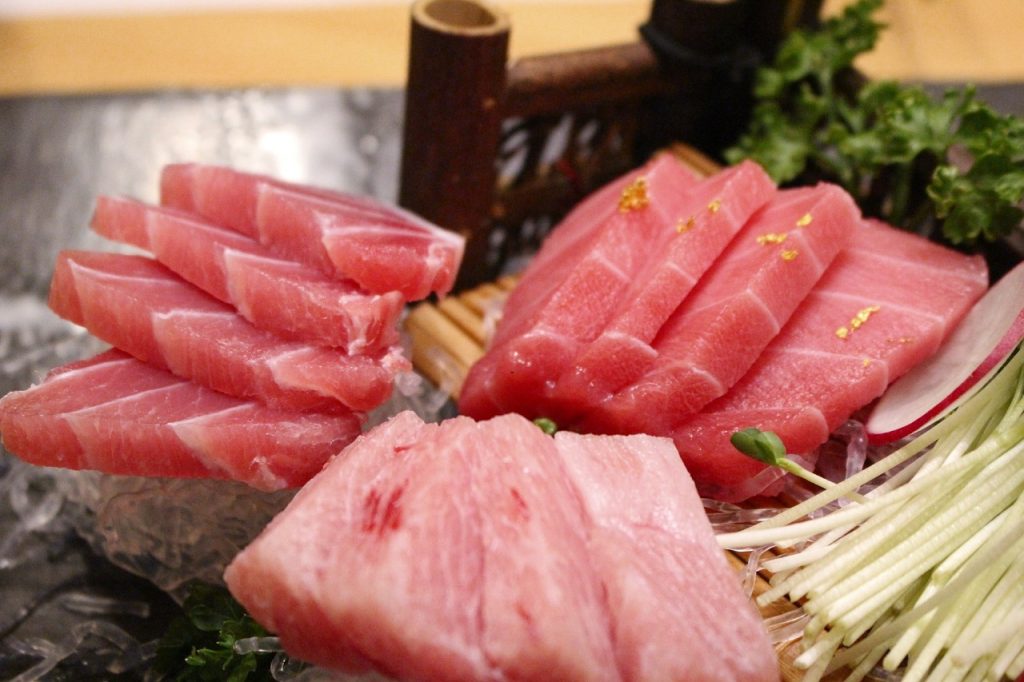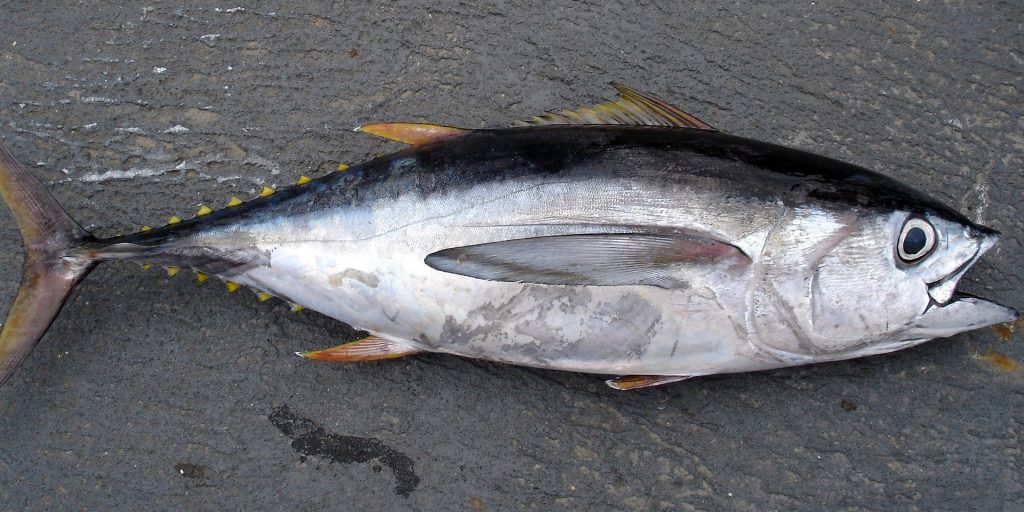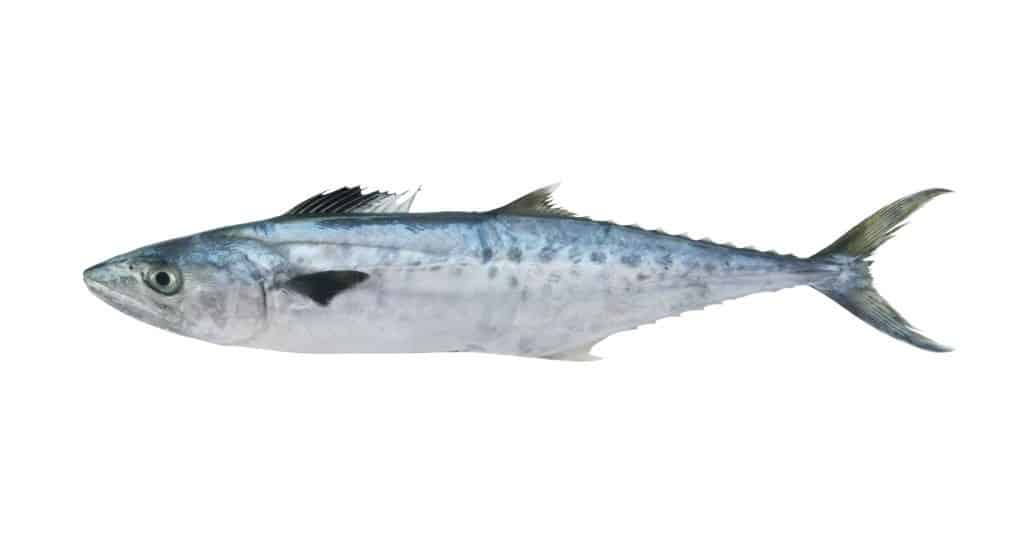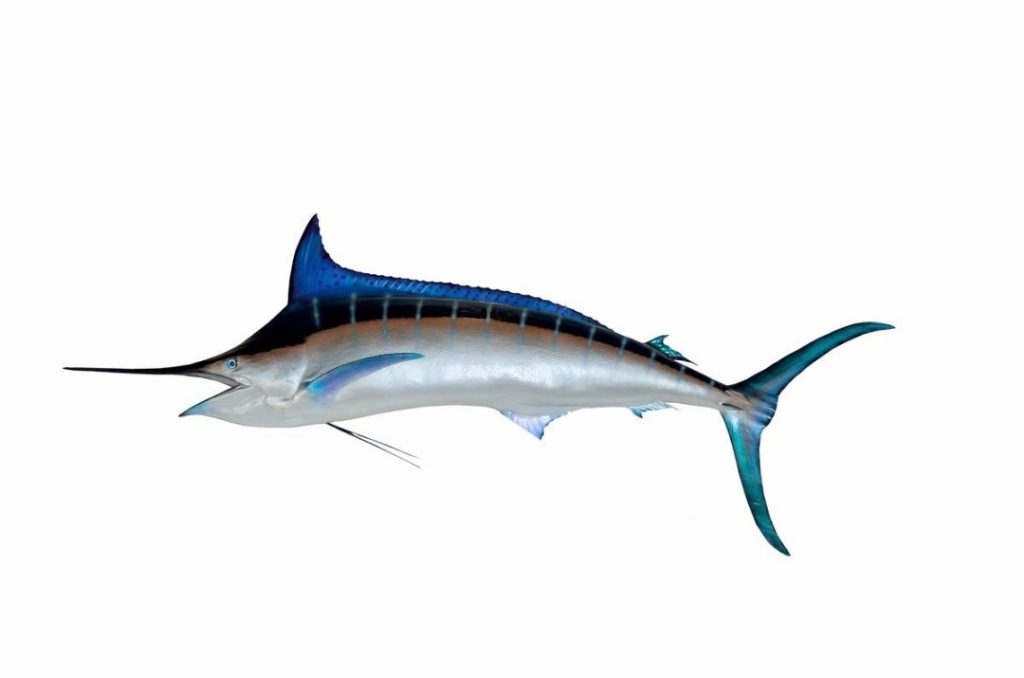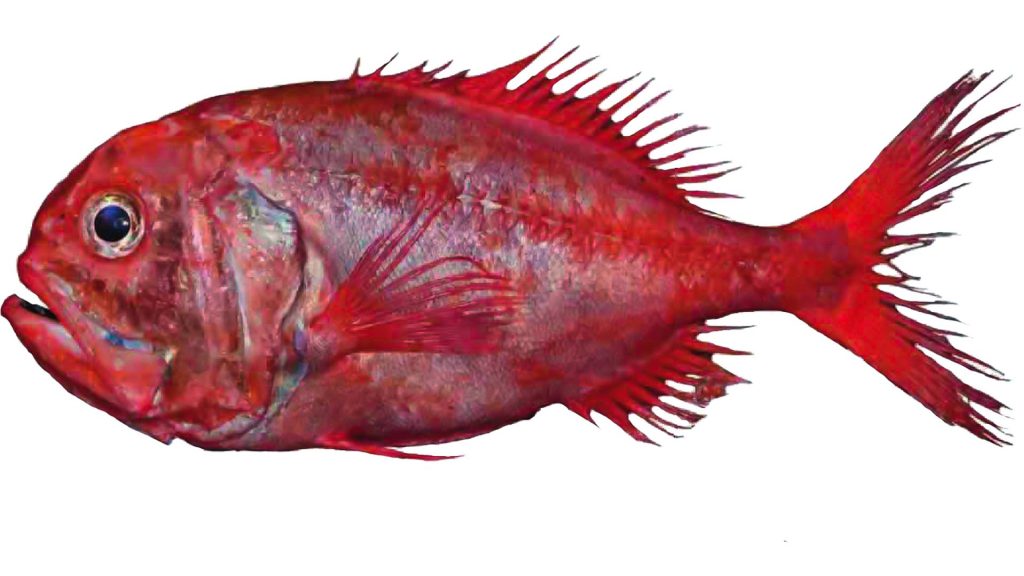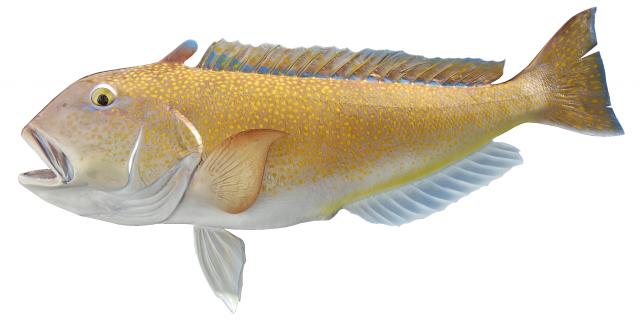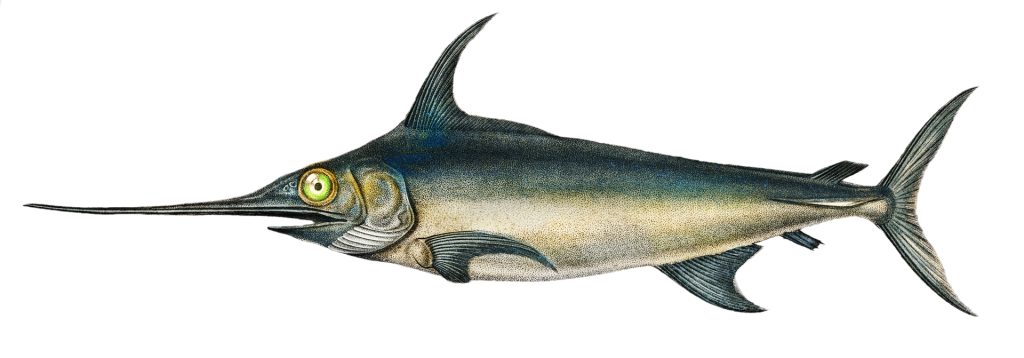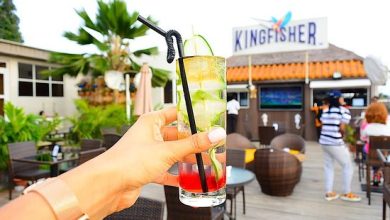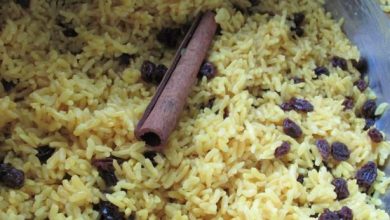The 8 Seafood to Avoid While Pregnant Today
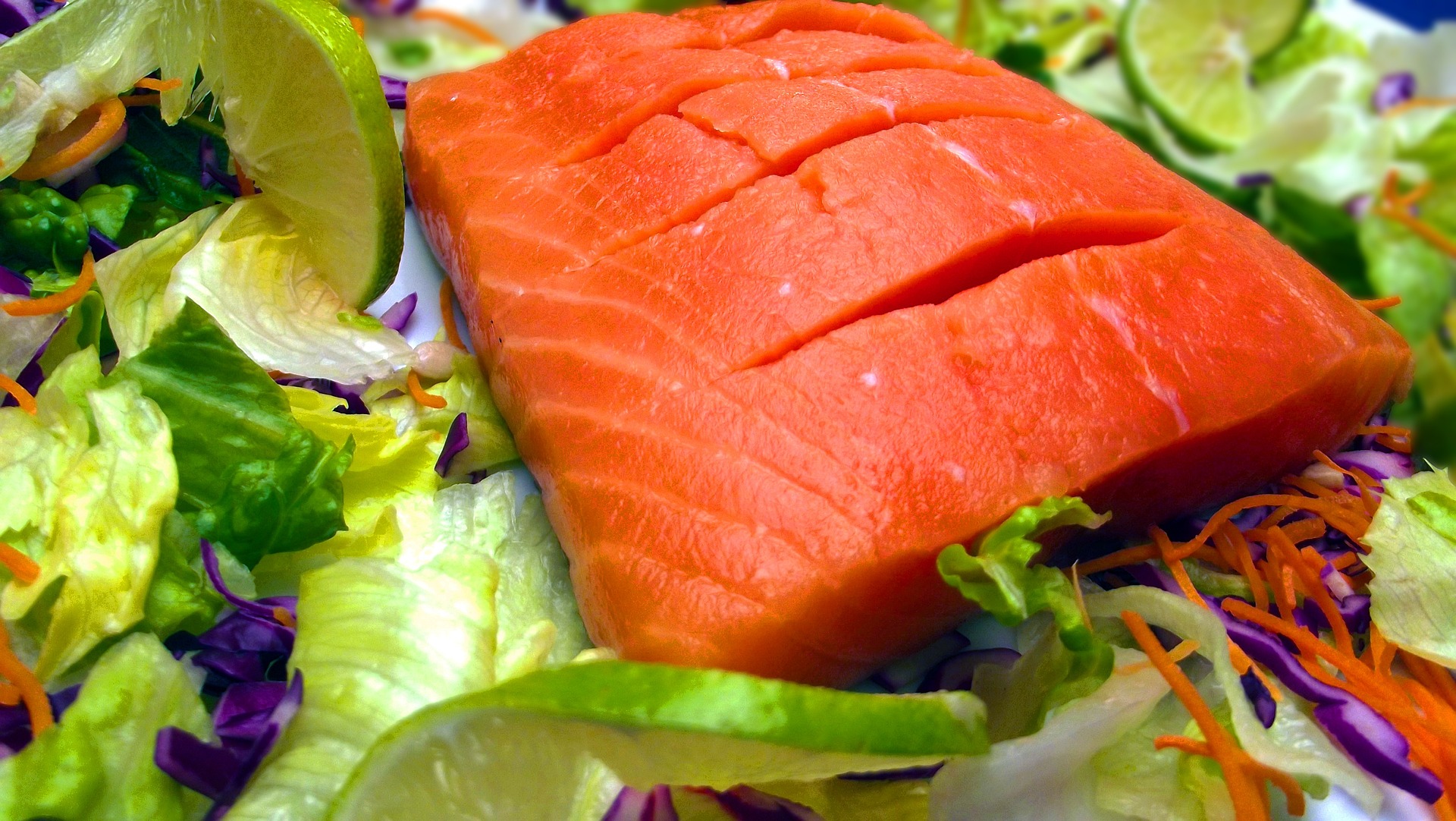
Generally, seafoods are highly appreciated and consumed worldwide owing to its vast abundance of vitamins and minerals that are of huge significance to the human body. And there is hardly any seafood that does not have one; however, as a pregnant woman, there are certain types of seafood that you should avoid because some of the minerals in these specific kinds of seafood can put your unborn baby’s health at risk.
With this in mind, in this article, we will look at the specific seafoods to avoid while pregnant. Want to know the kinds of seafood to eat while pregnant? Then, ensure you read till the end.
Importance of seafood during pregnancy
Seafoods are excellent sources of protein, zinc, and iron which are vital nutrients needed for baby development and growth in the womb. They are also very abundant in omega-3 fatty acids, which play a significant role in the brain development of your baby.
Seafood to Avoid While Pregnant Today
This section will list and discuss seafoods to avoid while pregnant. Here are the seafoods highest in mercury:
- Sushi
- Bigeye Tuna
- King Mackerel
- Marlin
- Orange roughy
- Tilefish ( from the gulf of Mexico)
- Shark
- Swordfish
Sushi
Sushi is one of the seafoods to avoid while pregnant. Because during pregnancy, most women are likely to have weakened immune systems and are more prone to getting the bacteria and parasites that can be present in the raw fish if it is not properly cooked or prepared. Since you can’t be too certain whether the sushi is cooked well, we recommend that you resist eating sushi until your precious little one is born.
Bigeye tuna
Bigeye tuna is commonly used in making sushi, but however lovely the flavor might taste, it is one of the seafoods to avoid while pregnant. It is due to the high level of mercury present in them, which can be very harmful to both mother and the growing fetus.
King Mackerel
King Mackerel (particularly from the Gulf of Mexico and the West Atlantic Ocean) is one of the seafoods to avoid while pregnant. Due to the very high amounts of mercury found in them, which can cause harm to the health of the baby developing in the womb.
Marlin
Marlin is one of the seafoods to avoid while pregnant regardless of the other nutrients and vitamins present in them. This is because Marlin is very abundant in mercury, and ingesting it while pregnant is not good for the baby.
Orange roughy
Orange roughy is one of the several seafoods to avoid while pregnant, even though it is an excellent source of other vitamins and nutrients, including omega-3 fatty acids.
Tilefish (from the Gulf of Mexico)
Most seafood from the Gulf of Mexico contains mercury; however, they may vary in quantity. Tilefish from this region is also one of the seafood to avoid while pregnant due to its high mercury level. Although it has other vitamins and minerals of health significance to the body, it remains a no-go seafood for you during this period.
Shark
Shark is one of the seafoods to be avoided while pregnant owing to the high levels of mercury that can be found in them. Also, to prevent you from being infected by bacteria or viruses, perhaps if the seafood is not well prepared. Hence, we recommend that pregnant women stay off cuisines made by sharks for their safety and that of their unborn babies.
Swordfish
Swordfish is one of the great seafoods to avoid while pregnant. It would be best if you resisted the urge to eat any cuisine made from swordfish. It is highly abundant in mercury and is not an excellent choice if you want to have a healthy baby. Swordfish contains omega-3 fatty acids, minerals, and other vitamins.
Types of seafood to eat during pregnancy
You are eating a variety of foods (including seafood) that contains the required vitamins and minerals while pregnant is crucial, as it goes a long way in ensuring that you and your precious little one are healthy.
According to the Environmental Protection Agency (EPA), the Food and Drug Administration (FDA), and the 2015 – 2020 Dietary Guidelines for Americans, it was recommended that a pregnant woman could eat between 8 to 12 ounces of any seafood (about 2 to 3 servings) that has little mercury every week.
Here are the kinds of seafood that you can eat while pregnant:
- Shrimp
- Pollock
- Tilapia
- Cod
- Light tuna ( canned)
- Catfish
- Salmon
- Anchovies
- Herring
- Sardines
- Mackerel
- Trout
The seafood is low in mercury and rich in omega-3 fatty acids. Hence, they are healthy enough for pregnant women to ingest at least three times a week.
Other seafood that should not exceed one serving in a week are:
- Albacore tuna (must not exceed 170 grams a week)
- Canned white tuna
- Sablefish
- Monkfish
- Halibut
- Carp
- Chilean sea bass
- Grouper
- Mahimahi
- Snapper
- Striped brass
- Yellowfin tuna
- Tilefish ( from the Atlantic Ocean)
Guidelines for eating seafood while pregnant
Here are the guidelines for eating seafood while pregnant:
- Avoid uncooked seafood and shellfish: To ensure that you don’t ingest any harmful bacteria or viruses, it is best to avoid eating shellfish or uncooked seafood, including sushi.
- Skip large predatory fish: To limit you and your unborn baby’s exposure to mercury, it’s an awesome idea to stay clear of big fish such as sharks, swordfish, and more.
- Prepare your seafood properly before eating: Due to your condition, any seafood you are eating must be properly cooked for at least up to an internal temperature of 145 F. Take, for instance, a fish that is properly cooked when it begins to flake and becomes opaque throughout. Similarly, do the same when cooking other seafood.
Conclusion
If you are pregnant and craving seafoods, it doesn’t sound like a bad idea as seafoods contain essential nutrients that your baby needs to develop and form properly in the womb. However, you should take precautions when eating them by sticking to the guidelines we have recommended in this article.
In the previous sections, we also shared on the types of seafoods to avoid while pregnant, as well as the types of seafoods that you can eat at least three times a week. Additionally, ensure that all your seafoods are well prepared before eating them.

